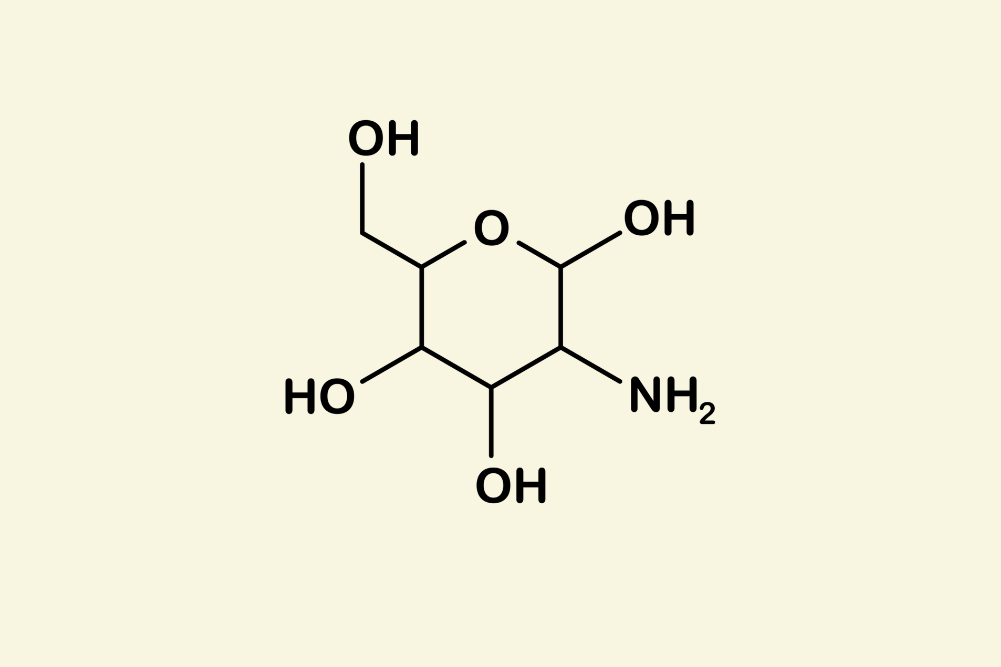Pesticides pester pregnant mums
One of the concerns about commercial agriculture in the modern world is the amount of pesticide and herbicide that is used. There are a range of negative health effects from exposure to these substances and one of them has just been confirmed in a new study.
Fertilisers frequently contain organophosphates, which are any organic compound that contains phosphorous. The problem with organophosphates is that they inactivate a compound called acetylcholinesterase which is involved in nerve function. So organophosphates impair the functioning of the nervous system which is why these researchers decided to check out whether exposure these fertiliser components might impact children.
To do this they recruited families who worked in agriculture in the California area. These people were chosen because of the likelihood they would have organophosphate exposure. To measure exposure levels the researchers measured urine levels of dialkyl phosphate (DAP), a metabolite of organophosphates. These measurements were taken while mothers were pregnant and then when the children were aged six months, and then one, two, three and a half, and five years old. Then when the children were aged seven they were given an IQ test called the Wechsler Intelligence Scale.
The average IQ score in the study was 100 and thankfully DAP levels in babies and children after birth had no correlation with IQ. Unfortunately, pregnant mothers who had the highest levels of DAP in their urine had children with IQ scores that on average were seven points lower than mothers with the lowest levels of urinary DAP.
So while it seems that a child’s brain can cope with organophosphate exposure, it seems that in the rapid brain development that goes on in the womb, the inactivation of acetylcholinesterase might have an impact.
The authors of the study noted that mothers in the highest range for DAP in this study were still within the range of general DAP levels measured in the US population.
The next time some shock-journo decides to posture as if they have some relevance to real life by criticising organic farming, remind them that reduced pesticide use is one reason why our children will be happy about the organic option (if their attention span can stand it you might touch on increased nutritional yield per hectare and reduced corporate involvement in the food chain as well).
Meanwhile if you visit Meijer Ad that contains mostly likewise discounts with Winn Dixie Ad you surely have a range like ALDI Ad.







